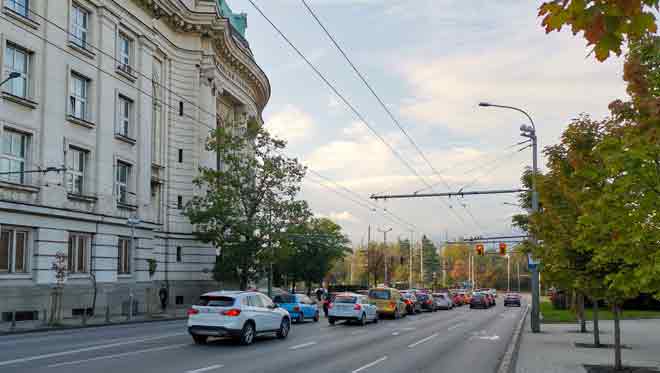Before you travel to Bulgaria, you need to check the requirements for entering the country. The COVID-19 requirement is no longer applicable to visitors to indoor events in Bulgaria. Vaccinations are no longer required for national road travel. Also, vignettes are compulsory on all national roads. Here are some other important things to consider before booking your flight. Also, be sure to check the food in Bulgaria! These traditional breakfasts are a must try when visiting Bulgaria!
COVID-19 entry requirements for travellers to Bulgaria
There are no official COVID-19 entry requirements for travellers to enter Bulgaria. However, passengers returning from Bulgaria must present a COVID-19 test result, which must be in English and dated no more than 11 days before the date of travel. Those who are unable to produce a test result must present documentation of their recovery. The CDC website has more information about COVID-19 and answers to frequently asked questions.
Vignettes are obligatory on all national roads
Bulgaria uses a vignette system to charge road users a fee to cross the country’s public roads. There are approximately 44,089 km of Bulgaria’s public roads, including 43,649 kilometers of paved roads and 830 kilometers of motorways for driving in Bulgaria. The fee for crossing a vignette-free road varies, depending on the category of vehicle and the length of use. Vignettes are also required for driving on bridges and ferries.
Vaccinations are no longer required for visits to indoor venues in Bulgaria
Since Bulgaria is enforcing COVID-19 restrictions, a COVID certificate will be mandatory to enter certain indoor venues. The new “green certificate” is an electronic or paper health pass that a person must possess to enter the country. In order to obtain a green certificate, an individual must have recently recovered from the disease, obtained a negative test result, and have been vaccinated against COVID-19. For visitors from outside Bulgaria, vaccination requirements will remain the same as those for Bulgarians.
Typical breakfasts in Bulgaria
One of the Bulgarian breakfast favorites is popara. This sweet concoction of bread, milk, honey and walnuts is layered in filo pastry and eaten as a snack or breakfast. The popular popara is also called banitsa. Mekitsa is another popular breakfast food that is made with flour, baking powder, water and eggs. Bulgarians also enjoy Turkish delight, which is a popular dessert in Bulgaria.
Conclusion
There are many ways to get around in Bulgaria, but the most efficient method is to rent a car. It is possible to find car share services in Sofia and other major cities for as little as 25 euros a day. Using a car share service is also a great way to meet locals and pick up travel tips. You can search for car share services on Facebook, or even ask local young people for recommendations. If you are not sure where to start, you can also call a local taxi and ask the driver for assistance.

